The series begins not unlike the pilot of HBO’s much-maligned “The Newsroom.” In a crowded auditorium in 1947, a young woman poses a question to Dior, who has just released his “New Look” collection to the public: is it true that while working for Lucien Lelong (John Malkovich) during the war, Dior helped create gowns for the wives and girlfriends of Nazis occupying Paris, while Coco Chanel closed her boutique out of patriotic loyalty? Dior hesitates to answer, and the next 10 episodes reveal why. Yes, Lelong kept his couture house open even when German troops invaded France, and though he designed nothing himself, he employed artists like Dior and Pierre Balmain (Thomas Boitevin) to provide dresses for the Nazis who knocked at his door. Credit where credit is due, this decision raises interesting questions about what antifascism can and/or should look like. Lelong is not happy about supplying fashion to Nazi women, but makes the decision to cooperate not only because it prevents his workers from sliding into homelessness, but also keeps alive some semblance of the historic reputation of Paris as the fashion capital of the world.
Complicating this thorny issue is Dior’s sister Catherine (Maisie Williams, fierce and heartbreaking in the part), a fearless member of the French Resistance, to whom Christian hands his paychecks, which help pay for her comrades’ operations and weapons. Catherine’s arrest, torture, and eventual imprisonment at Ravensbrück concentration camp is captured in harrowing detail. Williams is more than capable of handling the role, conveying with ramrod clarity the young Miss Dior’s commitment to anti-fascism. Equally moving is Catherine’s postwar journey, as an emaciated husk of herself, screaming in her sleep, and battling amnesia due to malnutrition. Mendelsohn and Williams play well off each other, creating a fine balance between Christian’s delicate interiority and Catherine’s steely exterior.
Parallel to the Diors’ tale is that of Coco Chanel. There is little about her arc in the series that is not in complete contrast to the truth. (Perhaps that’s why “Inspired by true events” flashes across the screen before each episode, like a dilapidated house on Zillow being sold “as is.”) In the series, Chanel closes her boutique because — according to her — an evil phalanx, including partners known as the Wertheimer Brothers (Charles Berling and Jérôme Robart), have seized control of her business. Only out of desperation does she use the Nazi connections of her dear friend Baron Vaufreland (Christopher Buchholz) to secure the release of her nephew André (Joseph Olivennes) from Nazi custody, an act which German military intelligence operative Gunther von Dincklage (Claes Bang) uses to secure her future cooperation as an agent for the Third Reich. Chanel is frightened to receive and forced to obey orders from General Walter Schellenberg (Jannis Niewöhner, having some fun with the role), head of German military intelligence. None of this is even remotely true. In reality, Chanel, an open anti-semite and homophobe since at least 1923, closed her boutique, saying publicly that “it was not a time for fashion,” a decision which allowed her to fire 4000 workers who had participated in a French general strike in 1936, and invoked “Aryan laws” to successfully wrest control of her company back from the Wertheimer Brothers. Baron Vaufreland was a Nazi recruiter, and von Dincklage was Chanel’s lover, and assisted in her installment at the Hotel Ritz during the occupation of Paris. She gladly worked with Schellenberg as part of Operation Modellhut, a 1943 Nazi plot to send plans for a separate peace, behind Hitler’s back, to Prime Minister Winston Churchill in Madrid; Chanel even paid for Schellenberg’s medical and living expenses after the war.
You can view the original article HERE.


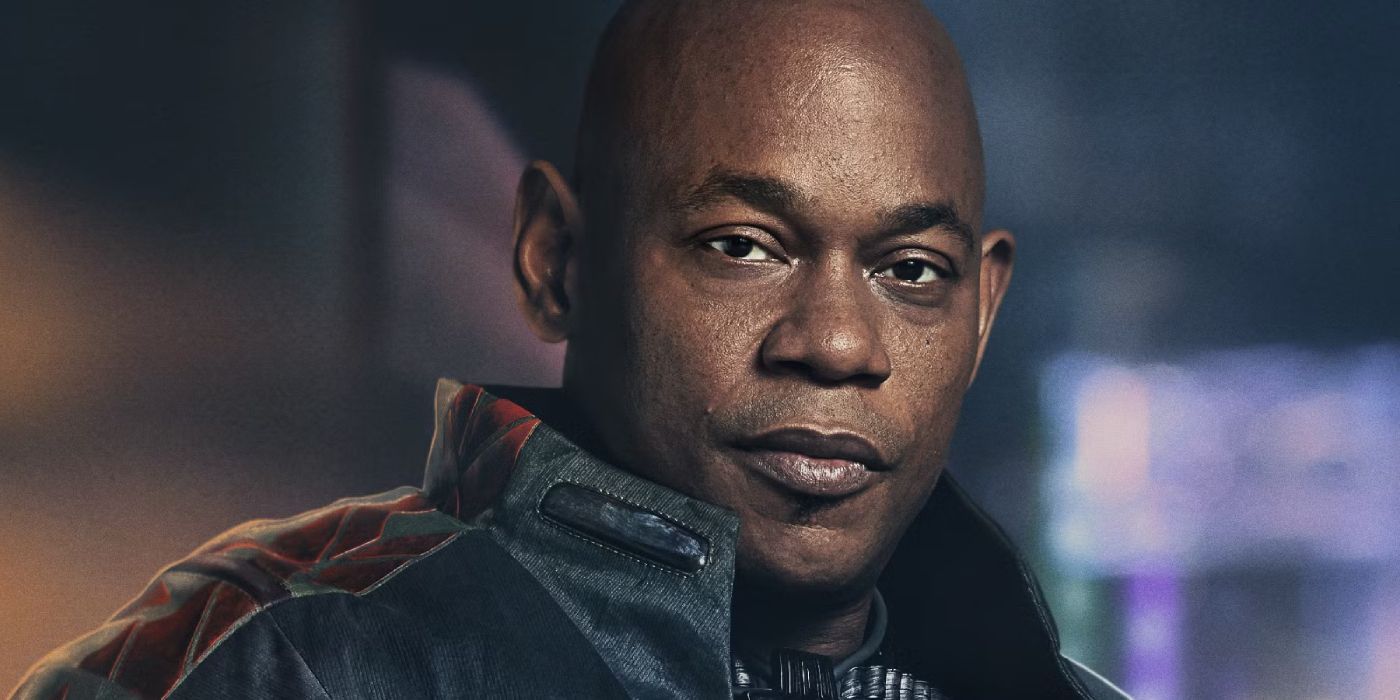
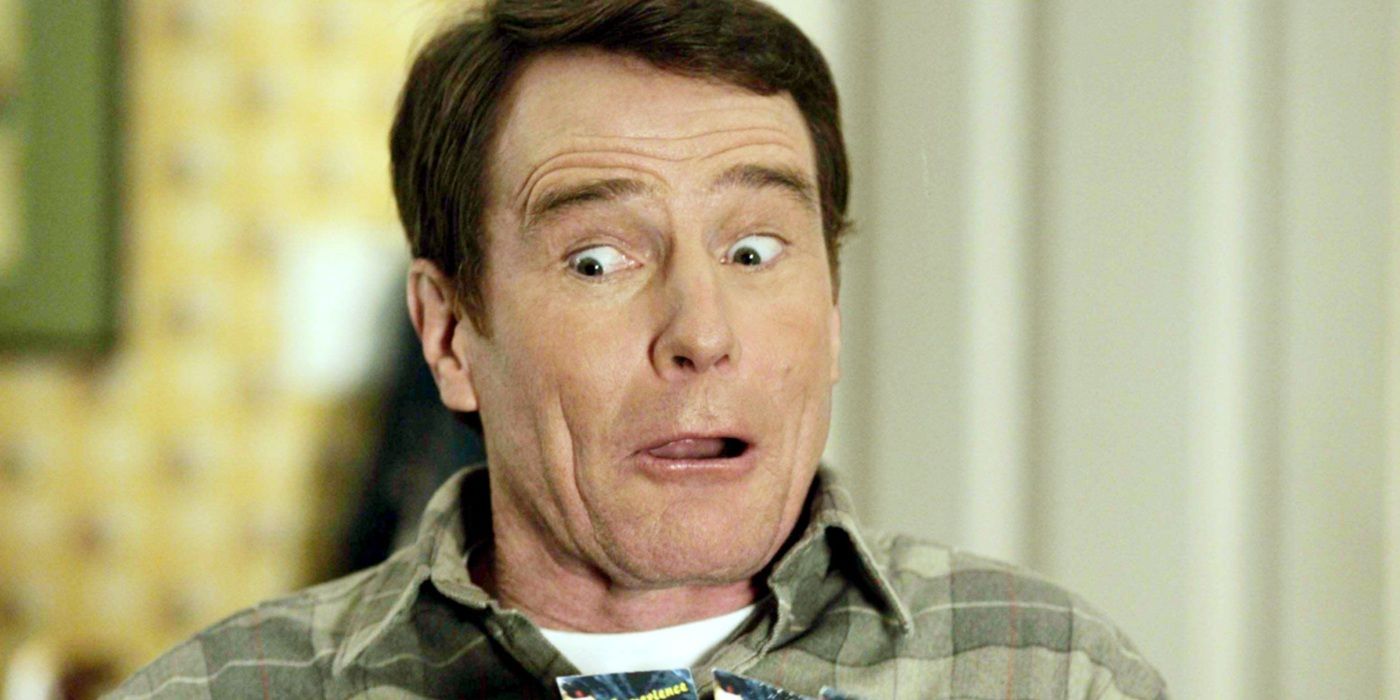


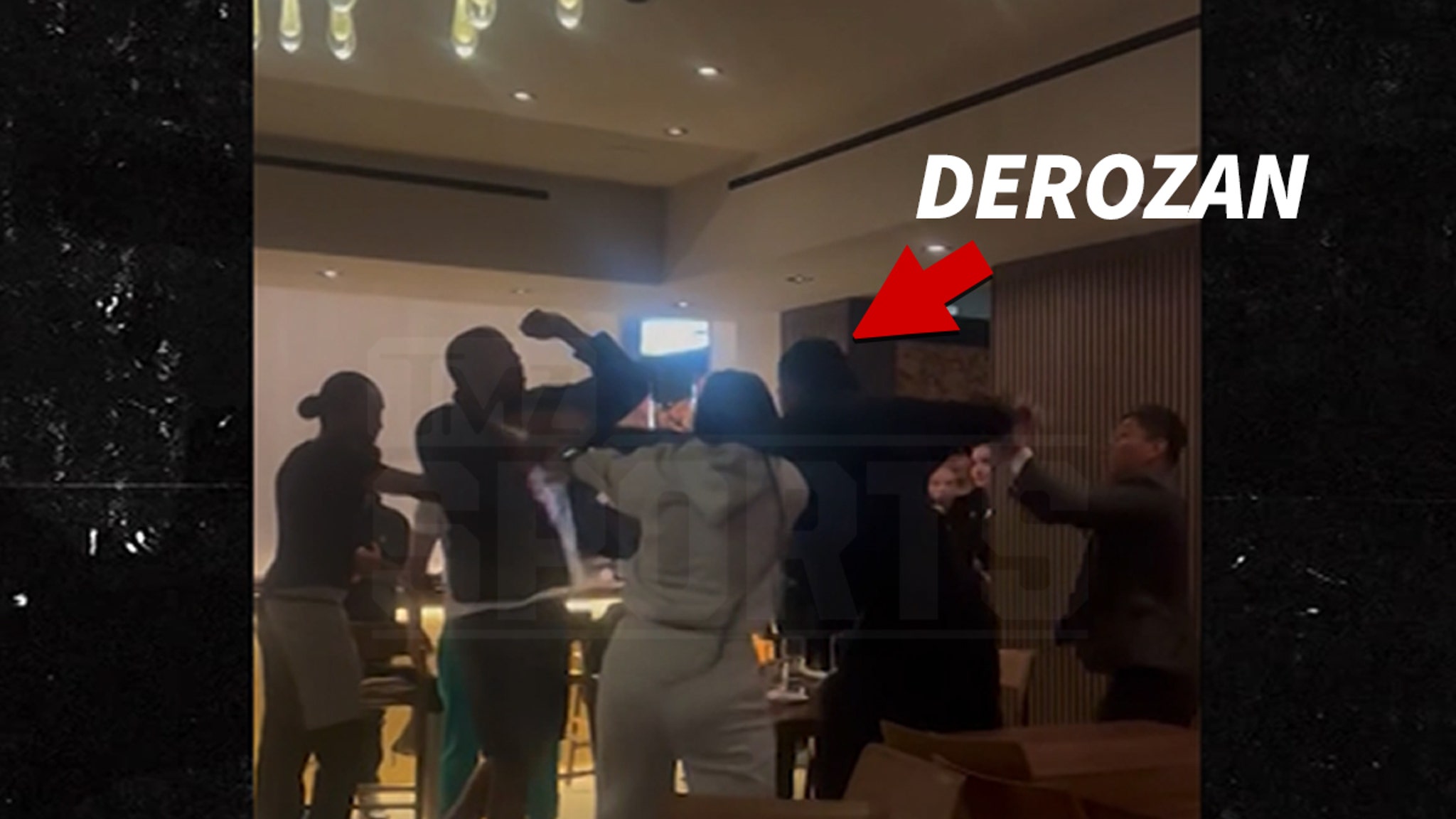




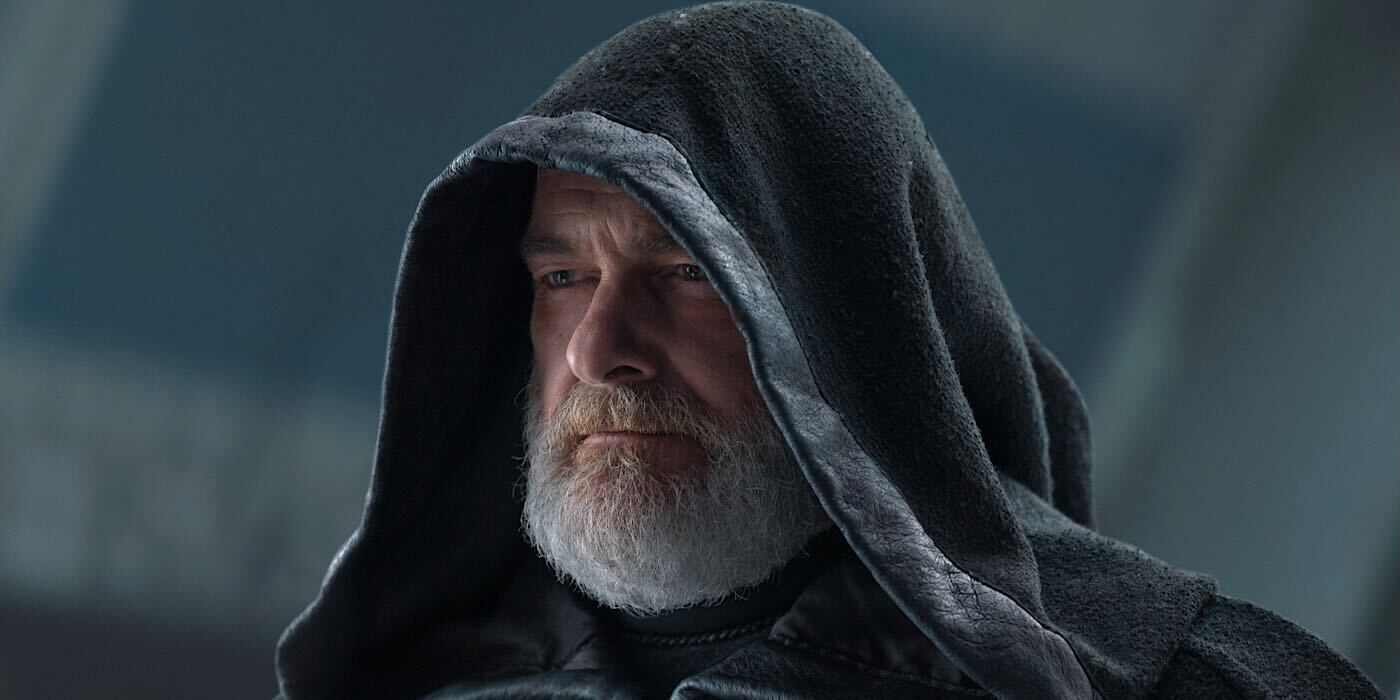
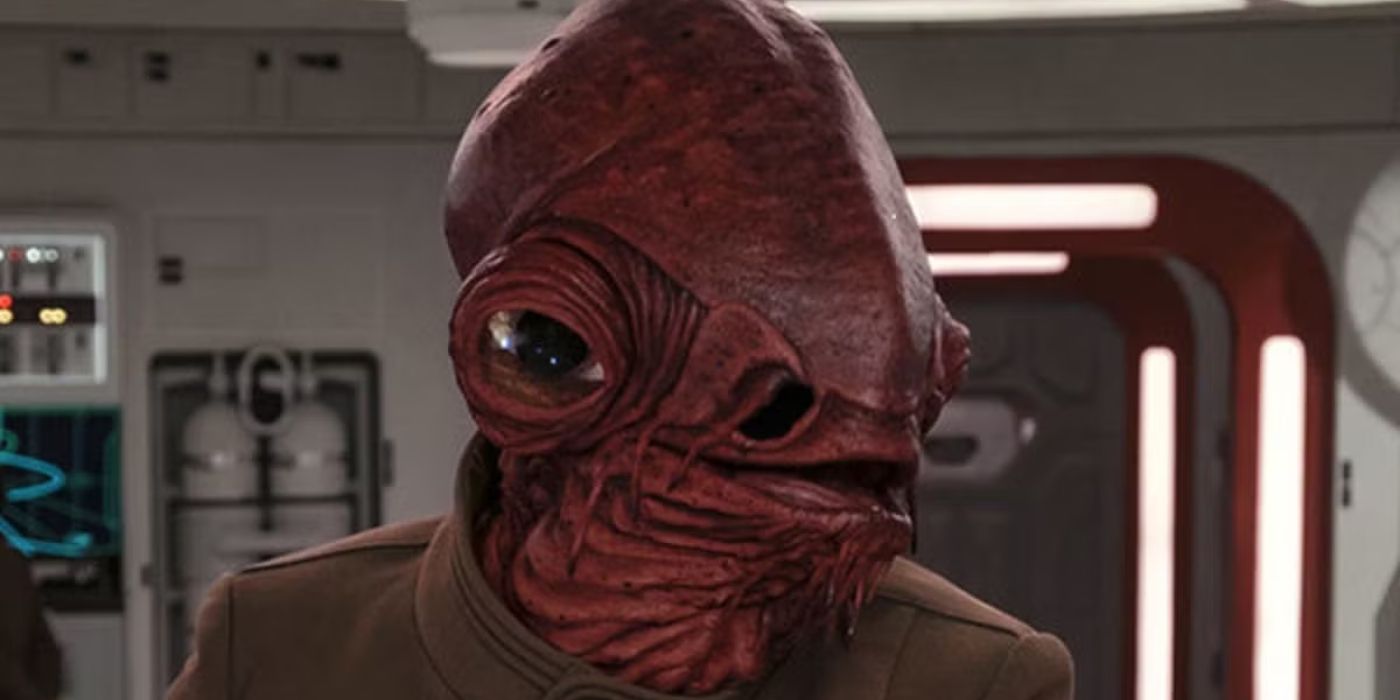

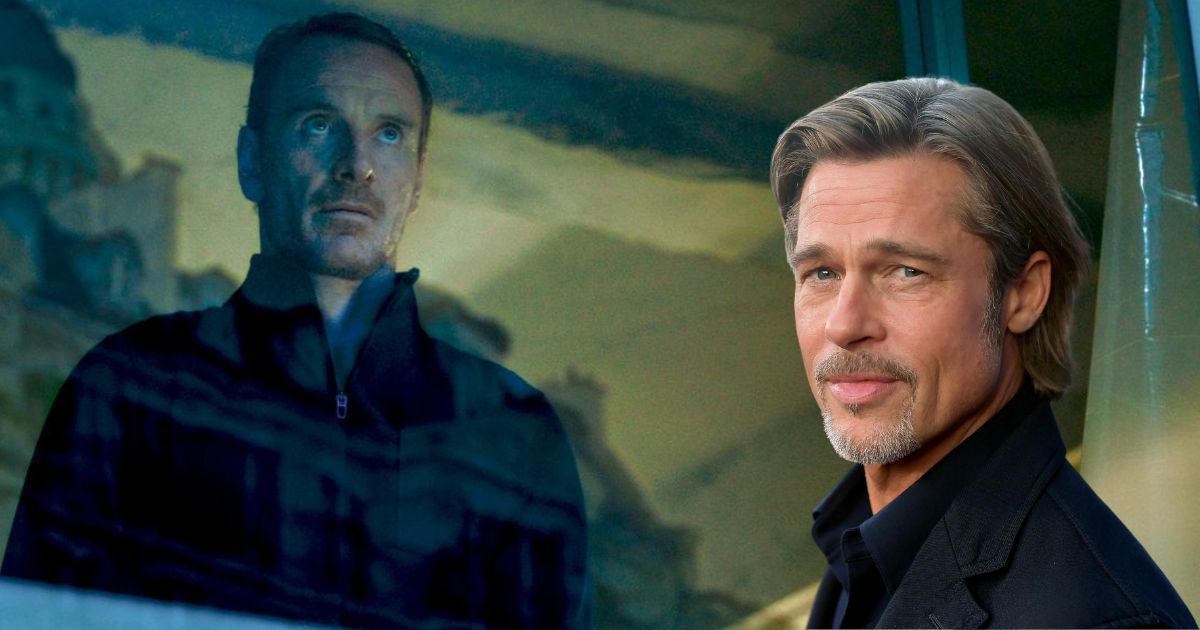

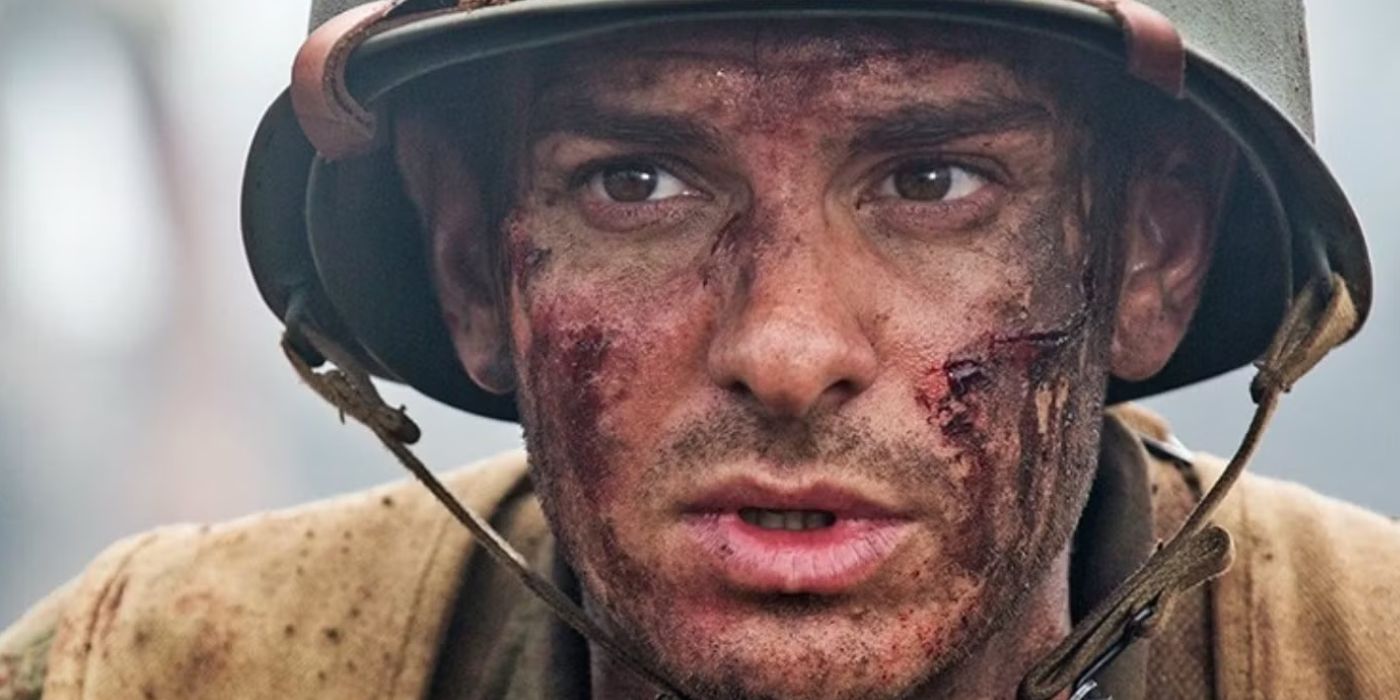

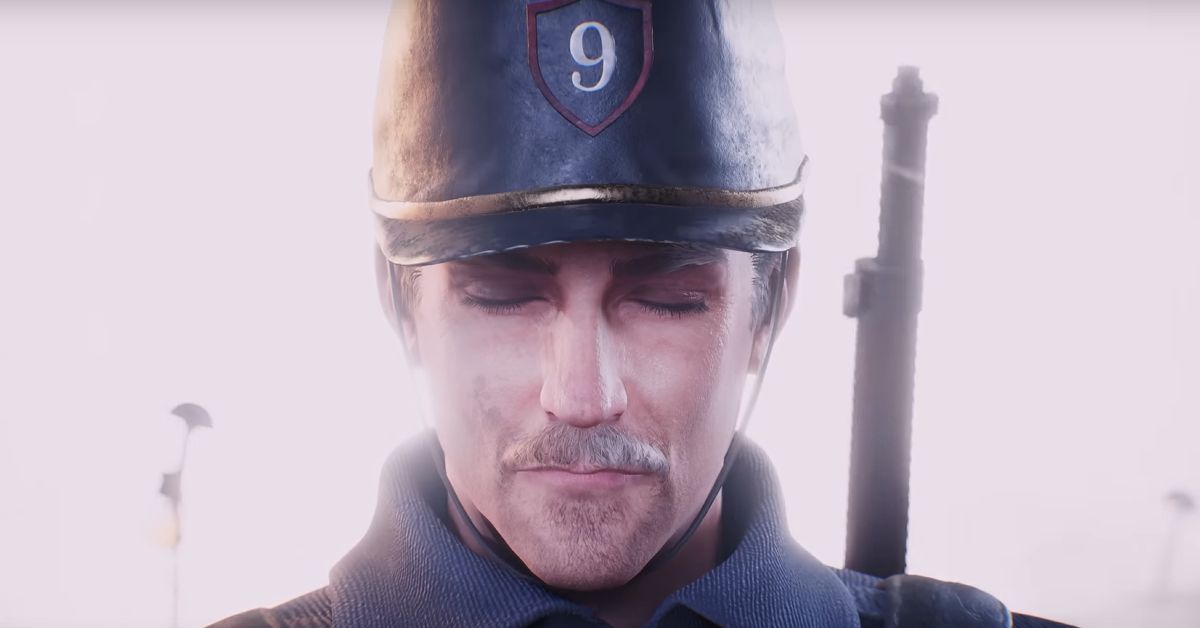

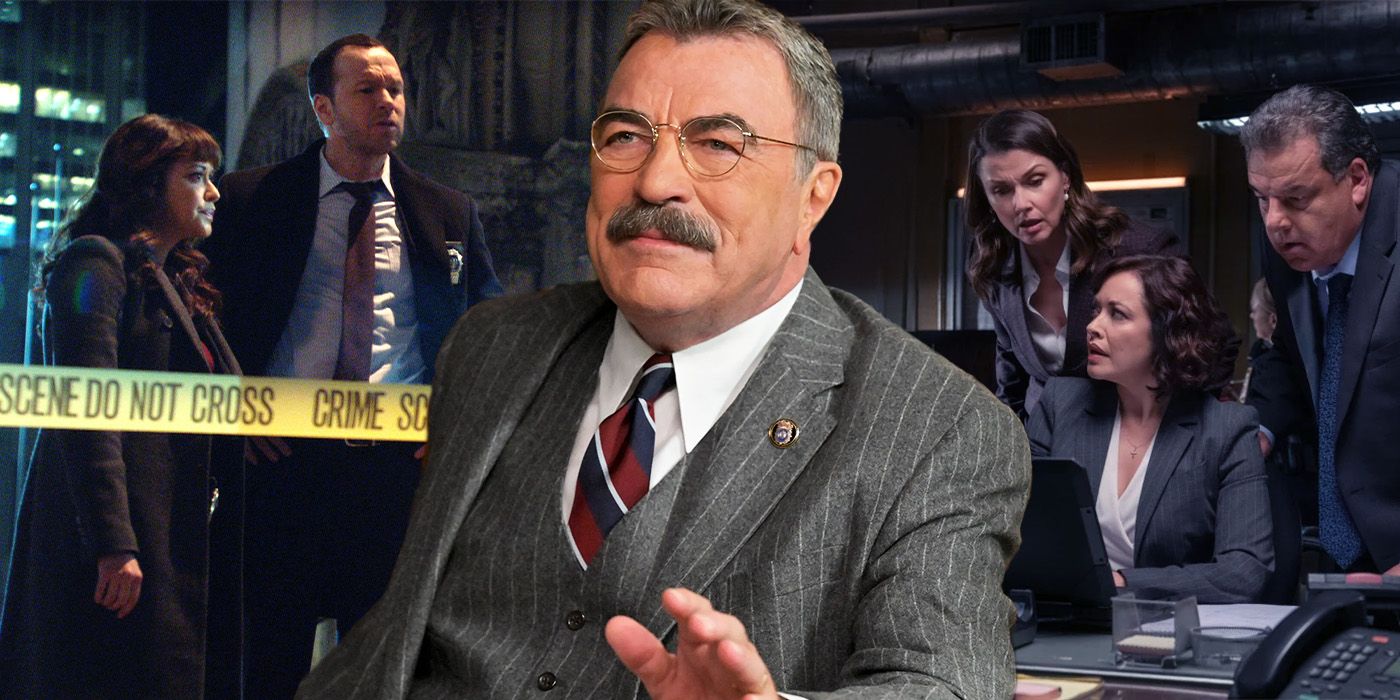

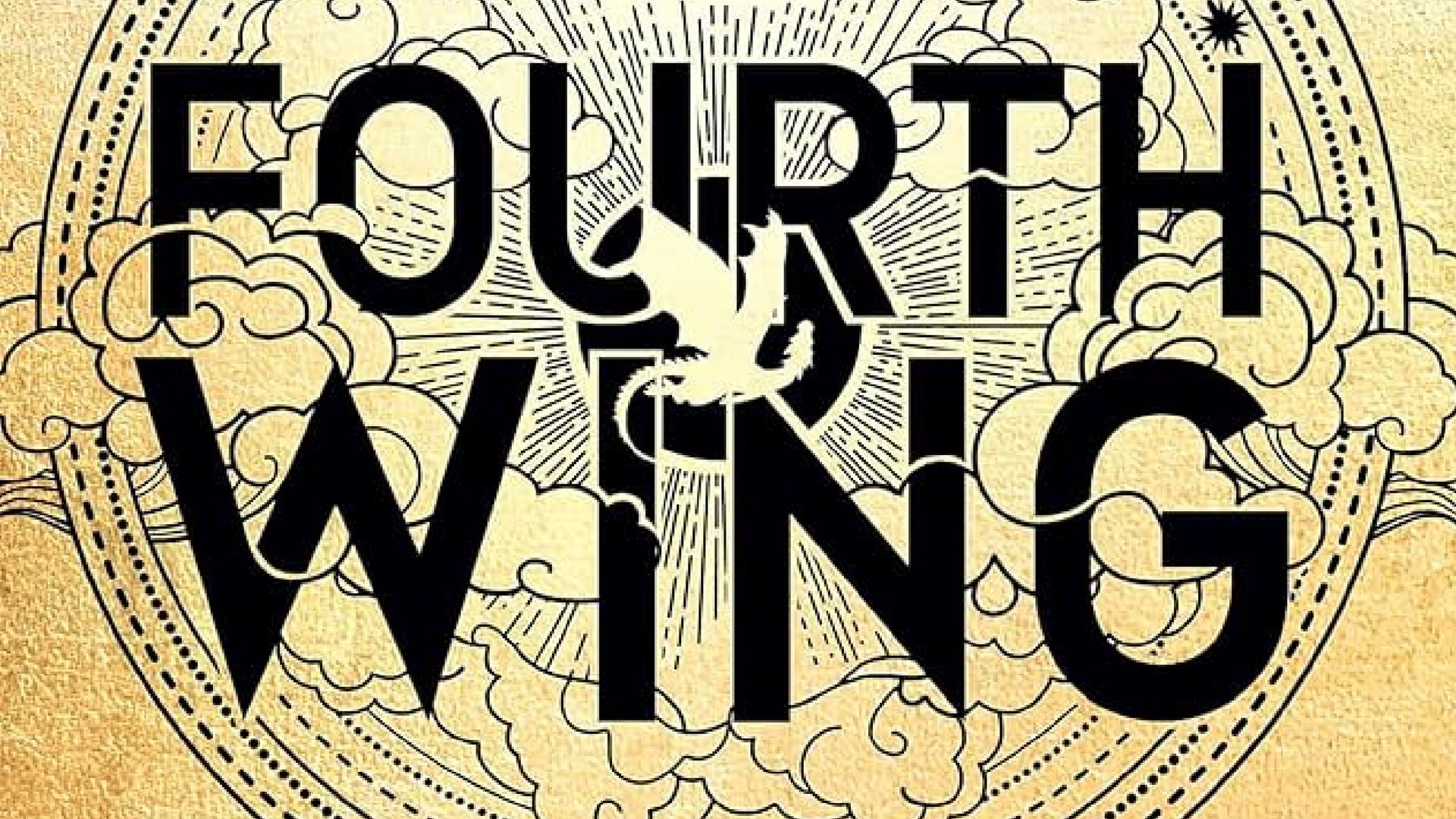
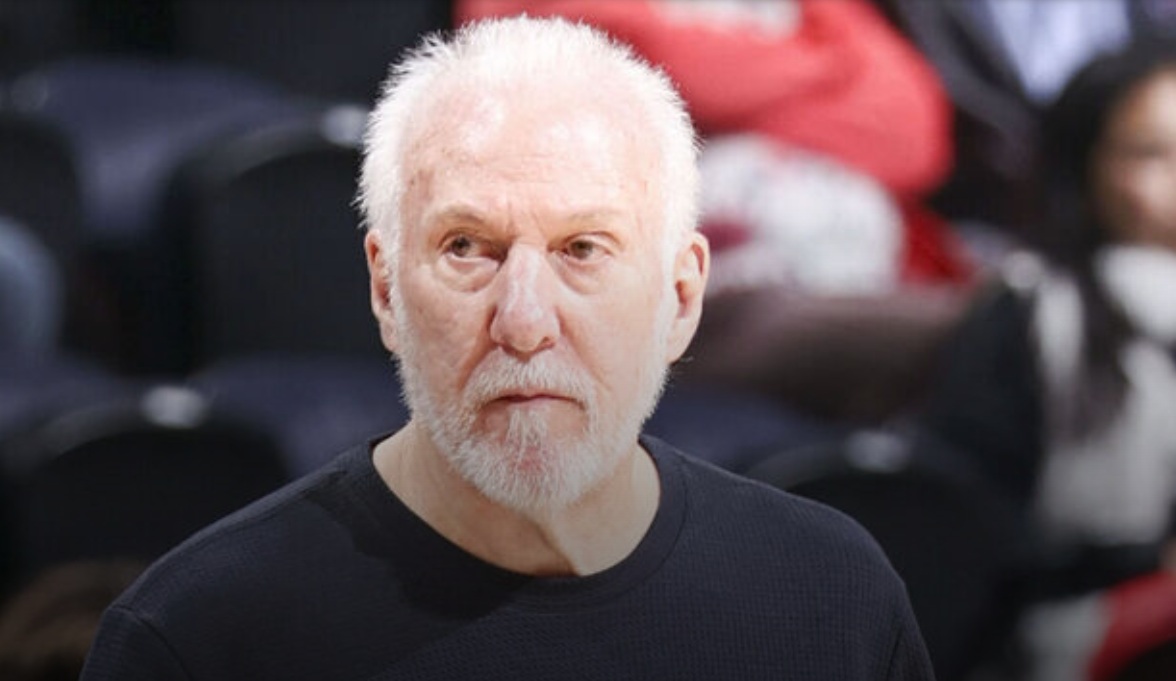
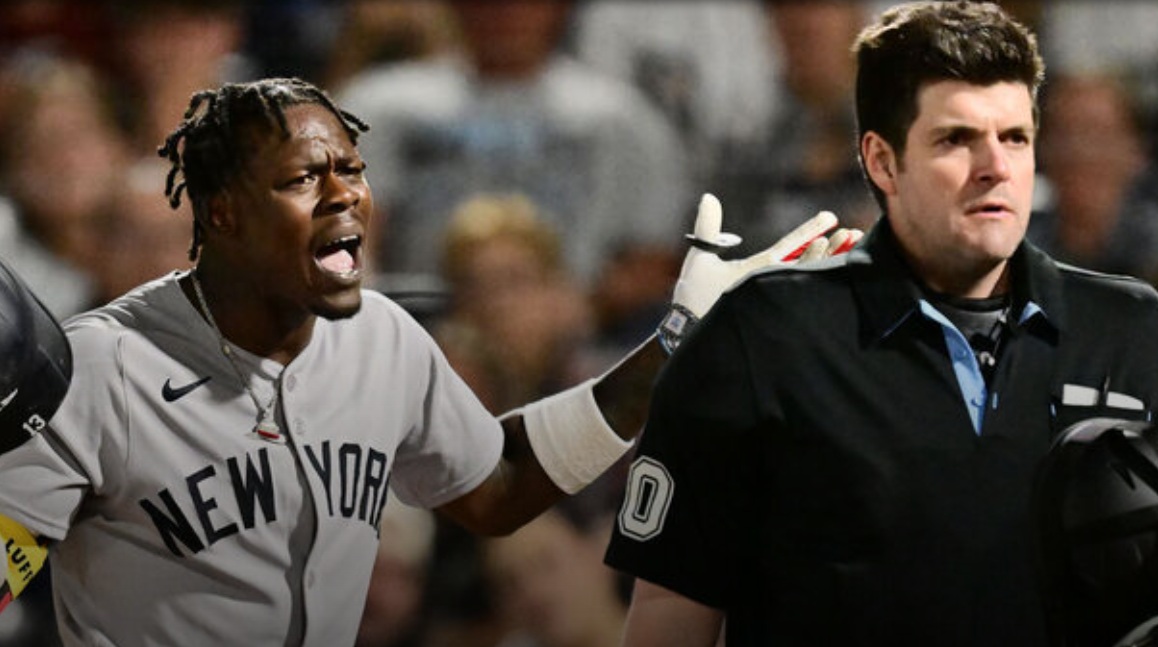
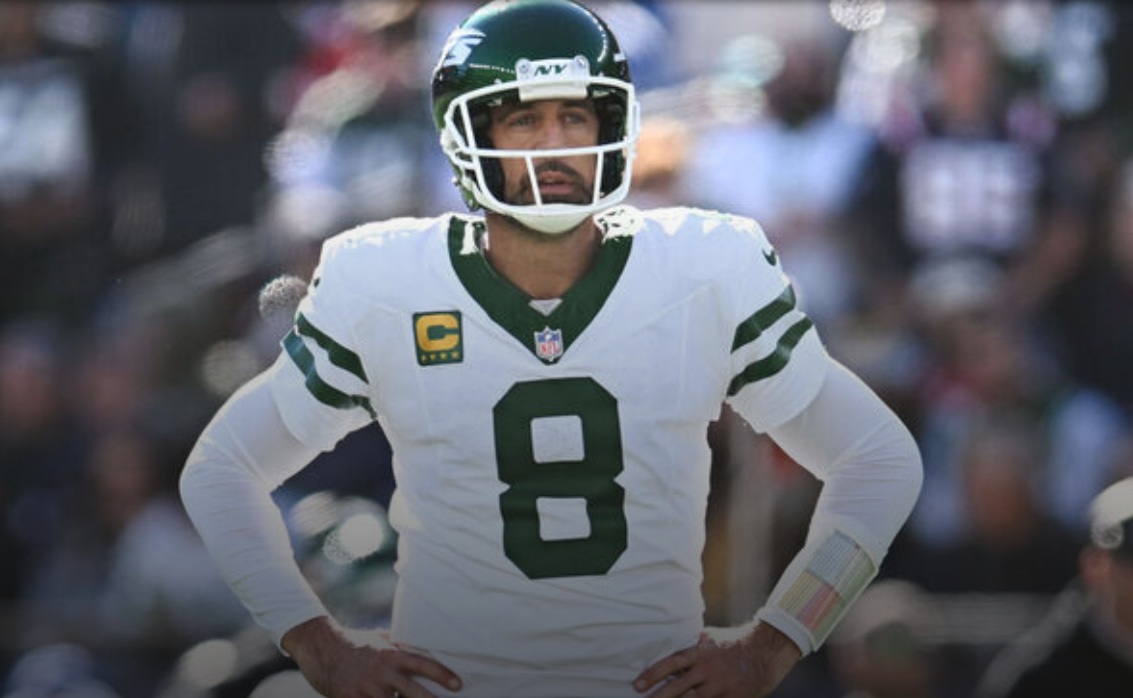

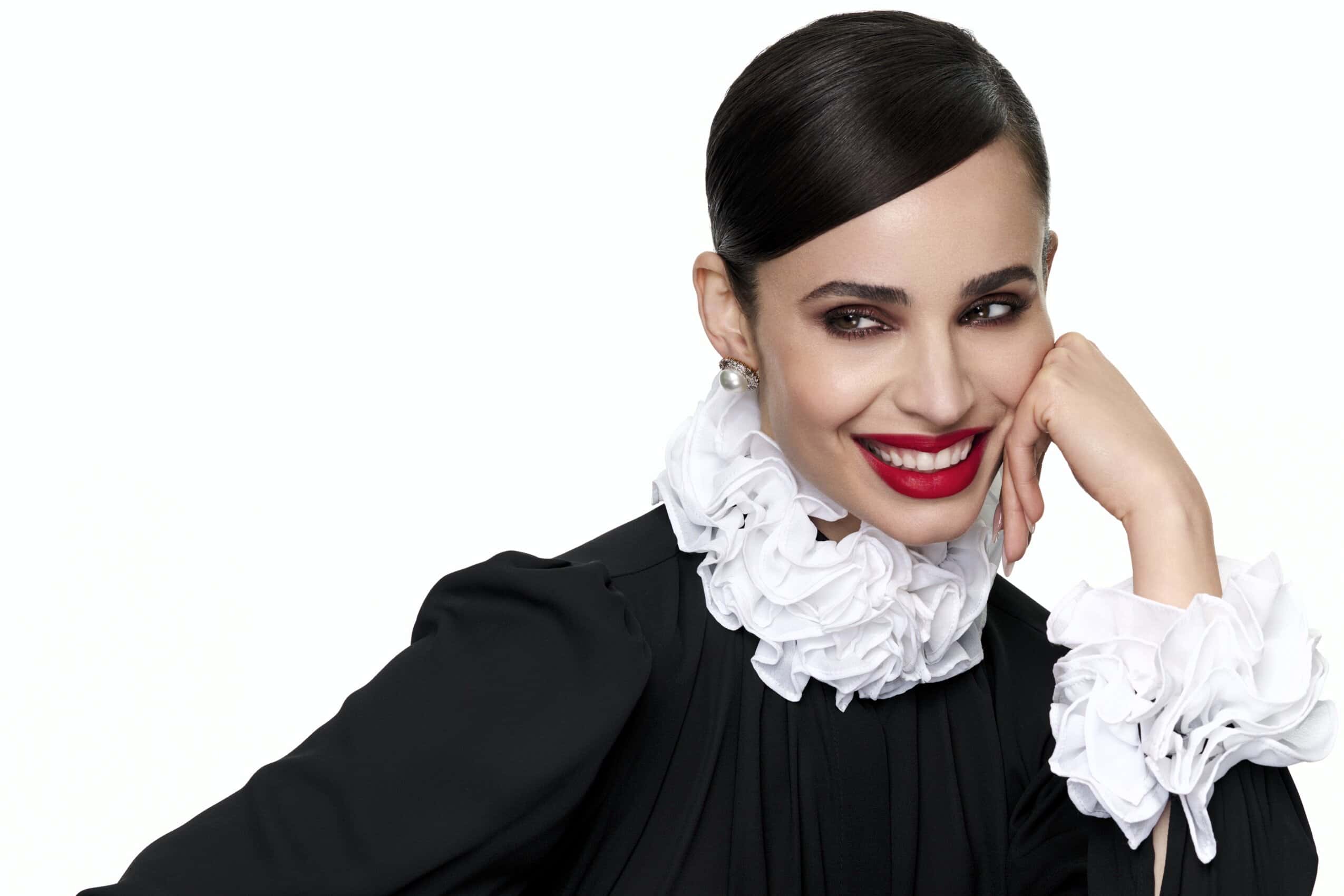
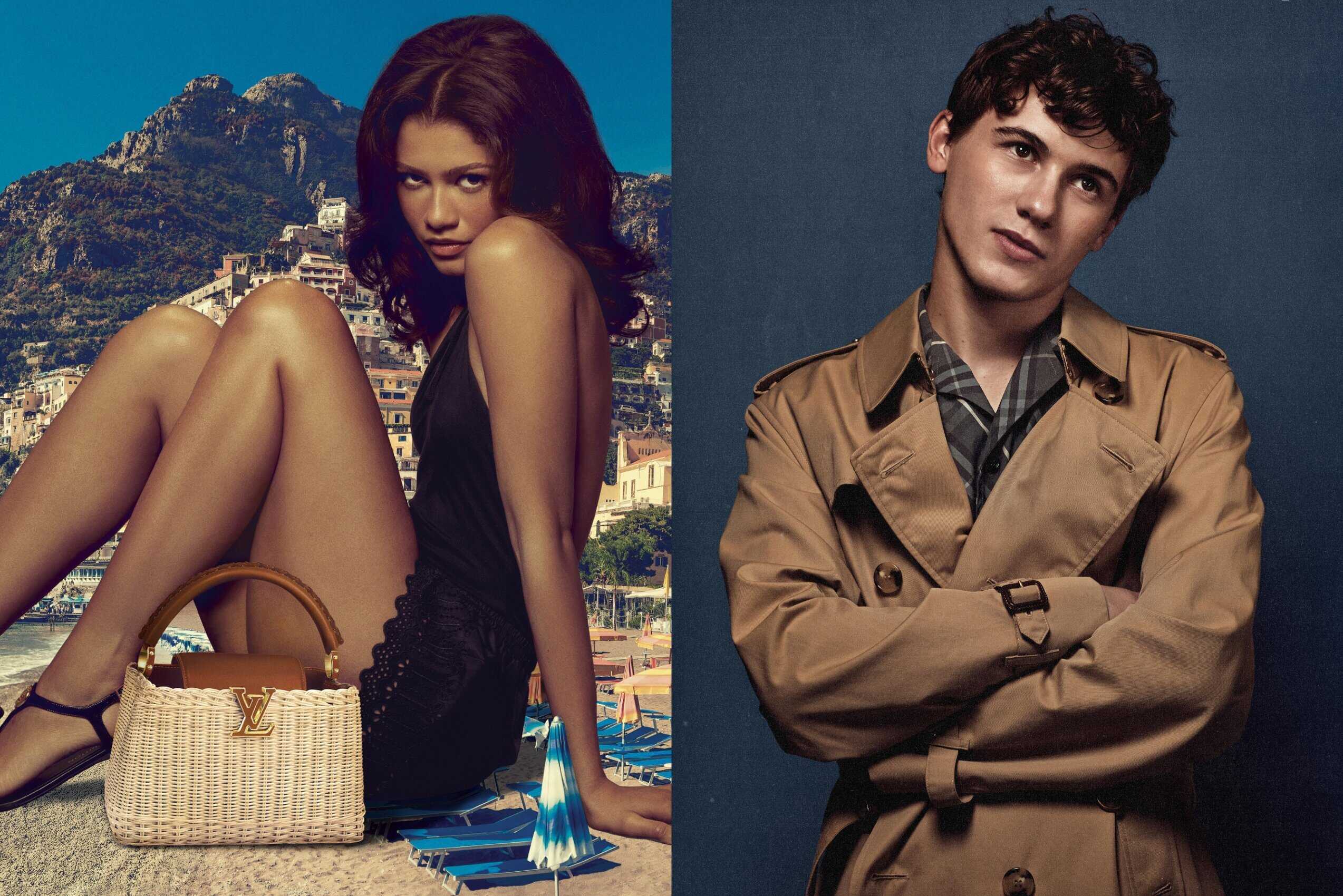
:quality(85):upscale()/2025/04/17/966/n/1922564/69dc205568017c7cad79f2.40744747_.png)
